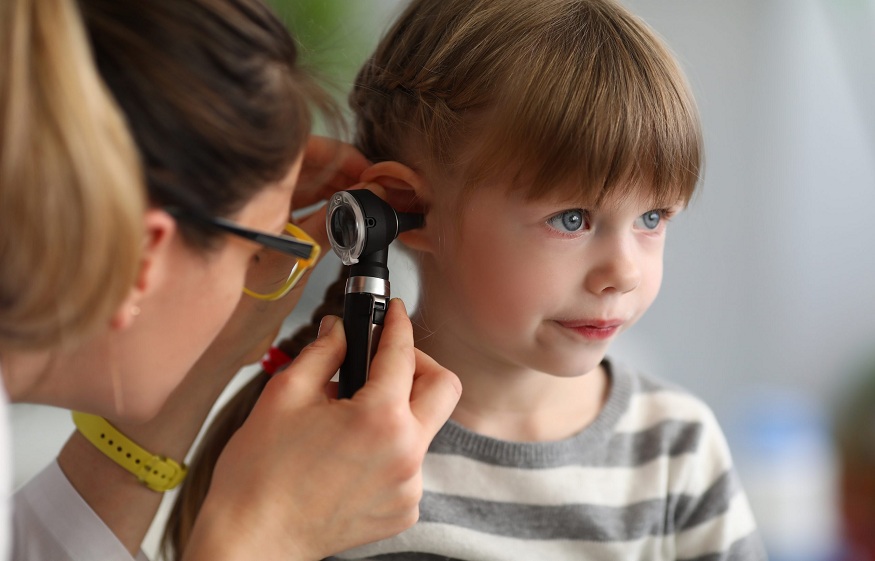Ear, nose, and throat (ENT) disorders are common among children and can significantly impact their quality of life. Paediatric otolaryngology is a specialized field of medicine dedicated to the diagnosis, treatment, and management of ENT conditions in children. From ear infections and allergies to tonsillitis and hearing loss, paediatric otolaryngologists play a crucial role in providing comprehensive care for children’s ear, nose, and throat health.
In this blog post, we will explore the world of paediatric otolaryngology and discuss the treatment options available for children with ENT disorders.
-
Common ENT Conditions in Children
Children are prone to a variety of ENT conditions due to their developing immune systems and anatomical differences. Common ENT disorders in children include recurrent ear infections (otitis media), tonsillitis and adenoiditis, sinusitis, allergies, hearing loss, vocal cord problems, and congenital abnormalities like cleft lip and palate. Recognizing the signs and symptoms of these conditions is crucial for early intervention and effective management.
-
Diagnosis and Treatment Approaches
Diagnosing ENT disorders in children requires a thorough evaluation of medical history, physical examination, and specialized tests if necessary. Paediatric otolaryngologists are trained to conduct comprehensive examinations and use tools such as otoscopes, endoscopes, and imaging studies to assess the condition of the ears, nose, and throat.
Treatment approaches for ENT disorders in children vary depending on the specific condition. In cases of recurrent ear infections, antibiotics may be prescribed, and in some instances, the insertion of ear tubes (tympanostomy tubes) may be necessary to improve drainage and prevent further infections. Tonsillitis and adenoiditis may require medical management with antibiotics or, in severe cases, surgical removal of the tonsils and/or adenoids (adenotonsillectomy). Sinusitis and allergies can be managed through medication, allergy shots (immunotherapy), or lifestyle modifications.
-
Hearing Loss and Auditory Disorders
Hearing loss and auditory disorders can significantly impact a child’s speech and language development, social interactions, and overall well-being. Paediatric otolaryngologists are skilled in evaluating and managing hearing loss in children. Treatment options for hearing loss include medical interventions, hearing aids, cochlear implants, and auditory rehabilitation therapies. Early detection and intervention are essential to optimize outcomes and support a child’s communication abilities.
-
Multidisciplinary Care and Support
Paediatric otolaryngology often involves a multidisciplinary approach, with collaboration between otolaryngologists, audiologists, speech-language pathologists, and other healthcare professionals. This collaborative care ensures a holistic approach to diagnosis, treatment, and ongoing management of ENT disorders in children. Additionally, paediatric otolaryngologists work closely with parents and caregivers, providing education, guidance, and support throughout the treatment process.
-
Preventive Measures and Patient Education
Preventive measures play a vital role in promoting ear, nose, and throat health in children. Encouraging good hygiene practices, such as regular handwashing, proper cleaning of hearing aids, and avoiding exposure to secondhand smoke, can help reduce the risk of ENT infections and related complications. Patient education regarding common ENT conditions, symptoms to watch for, and when to seek medical attention is also crucial in promoting early intervention and timely treatment.
Conclusion
Paediatric otolaryngology plays a critical role in the diagnosis, treatment, and management of ear, nose, and throat disorders in children. By recognizing the signs and symptoms of ENT conditions, seeking timely medical attention, and following appropriate treatment plans, we can ensure the optimal ear, nose, and throat health of children. Through the expertise of paediatric otolaryngologists and collaborative care, children can enjoy improved quality of life, better communication abilities, and long-term ENT wellness.


